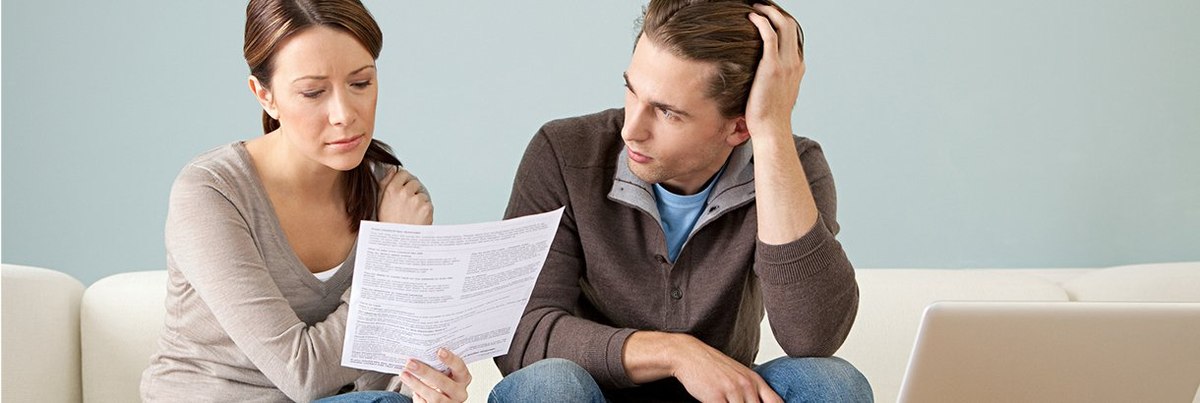
The economic cost of COVID-19: Americans recently laid off are struggling with bills
The United States economy shrank 9.5 percent from April to June, according a second quarter report from the Bureau of Economic Analysis. It’s been hard for many Americans financially during the coronavirus pandemic: 13 percent report being laid off, including one in five (20%) of those between the ages of 18 and 44, and 20 percent say their work hours have been reduced.
And things are becoming more difficult for those with bills, rent, or mortgages to pay. Nearly one in four report having trouble paying for housing (23%). That’s particularly a problem for younger adults, for those with lower incomes, and for those living in the West. More than two in five of those who have been laid off during the COVID-19 outbreak face difficulties in paying for housing.
Similarly, nearly as many adults face difficulties buying enough food for their families (21%).
The federal government’s second stimulus package may not emerge for weeks, as there are now large Republican and Democratic differences in the details. Before there is a bill, the extra unemployment benefits of $600 a week contained in the first stimulus likely will run out. There is little public hope that the economy will recover soon: just one in four expect the economy to recover by the end of the year, with those laid off a little more optimistic—or hopeful (37% of those who have been laid off think the economy will recover in six months or less).
Most Americans want to see a second round of benefits—and the public sees helping individuals as a higher priority than helping businesses and state governments. Just 12 percent overall reject a second stimulus bill, although more Republicans (20%) than Democrats (3%) say there shouldn’t be a second stimulus. Large majorities in both parties (87% of Democrats and 61% of Republicans) favor helping individuals with the stimulus.
The additional aid to those who are unemployed divides the public, however, just as it is dividing Congress. A third of the public and a majority of Democrats would keep the $600 payment per week as it is. Nearly as many, however, would support an additional payment, but one lower than $600 a week. One in five, and nearly twice as many Republicans, favor no additional unemployment benefit.
Most of those who have been laid off because of the pandemic want the benefits to continue, but one in three would reduce it below $600 a week.
Nearly half the country (45%) see COVID-19 cases rising in their areas, with only those in the Northeast now seeing a stable or downward trajectory, and many think there will be even more cases as the economy opens. What to do if that happens? By 57 percent to 31 percent, Americans would close the economy again. Republicans, who have consistently said that it is more important to deal with the economic effects of the virus than the health effects, are divided on whether states should close their economies again if coronavirus cases increase.
See the full toplines and tables from this week’s The Economist/YouGov poll
Methodology: This Economist survey was conducted by YouGov using a nationally representative sample of 1,500 U.S. adult citizens interviewed online between July 26 - 28, 2020. This sample was weighted according to gender, age, race, and education based on the American Community Survey, conducted by the US Bureau of the Census, as well as 2016 Presidential vote, registration status, geographic region, and news interest. Respondents were selected from YouGov’s opt-in panel to be representative of all US citizens. The margin of error is approximately 3.5% for the overall sample.
Image: Getty